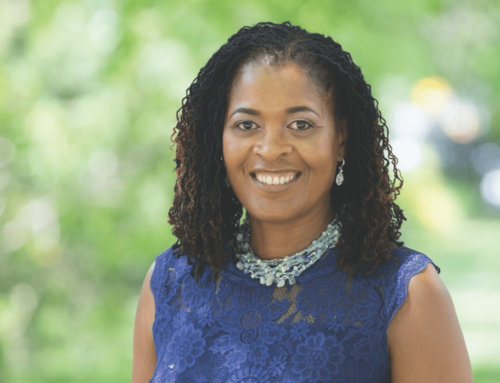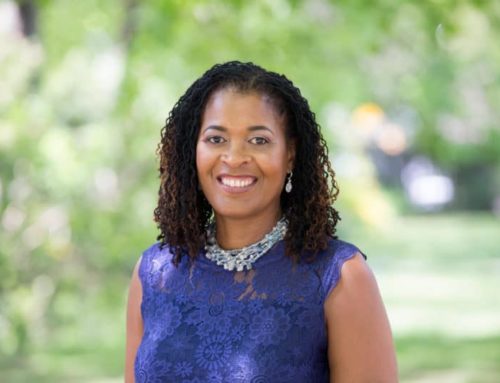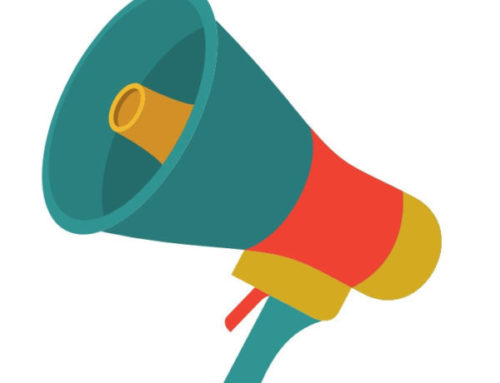On July 1st, I urge non-Indigenous people in Canada to learn, reflect, and push toward decolonization and ending systemic racism against First Nations, Métis, and Inuit people.
The ongoing discovery of Indigenous children’s graves underscores the urgency of action to challenge a genocidal system. But calls for justice from Indigenous leaders and community voices have gone unheeded for too long. For instance, most of the Truth and Reconciliation Commission’s 2015 Calls to Action and the National Inquiry into Missing and Murdered Indigenous Women and Girls’ 2019 Calls for Justice remain unfulfilled.
As a non-Indigenous settler and a Black woman working for social justice in this country, I have experienced how the journey toward change can only start on a foundation of truth. Most of us have a lot to learn about our past and present to be able to contribute to a better future. The July 1st Canada Day holiday should be used as an opportunity to do this work toward anti-racism and decolonization, as opposed to a day to celebrate a settler state.
There are many excellent resources to get started. These include:
- Indigenous Canada, a free online course from the Faculty of Native Studies at the University of Alberta on Indigenous histories and contemporary issues (French subtitles available)
- Native Women’s Association of Canada’s Action Plan to End the Attack Against Indigenous Women, Girls, and Gender-Diverse People
- On Canada Project’s list of guides, content, and materials (in English)
There are many books in many different genres to read. These include:
- Tanya Talaga’s Seven Fallen Feathers: Racism, Death, and Hard Truths in a Northern City
- Michelle Good’s Five Little Indians
- Bob Joseph’s 21 Things You May Not Know About the Indian Act: Helping Canadians Make Reconciliation with Indigenous Peoples a Reality
- Thomas King’s The Inconvenient Indian: A Curious Account of Native People in North America
There are also Indigenous-led and Indigenous-serving organizations to donate to in Canada, such as some of the programs we support and the services we list on our website. With traumatic news stories coming to light, these programs have likely experienced a spike in service needs and calls for support from community members.
This is just the tip of the iceberg: the personal journey of decolonizing is a lifelong process that feeds into collective efforts toward decolonization. Fortunately, there are resources to access and supportive actions for non-Indigenous people to take, in all regions of Canada, at all ages and stages of life.
We all have a role to play, and the time to begin is now.
Paulette Senior
President and CEO
Canadian Women’s Foundation
Learn More
Statement of Support: Justice for Residential School Survivors
Michelle Good & Karen McBride: Indigenous Women Authors Spotlight






